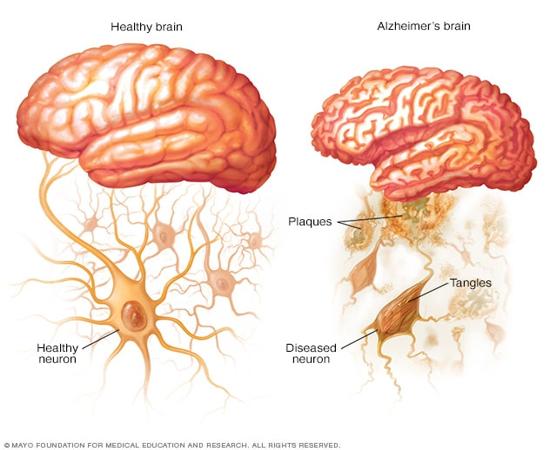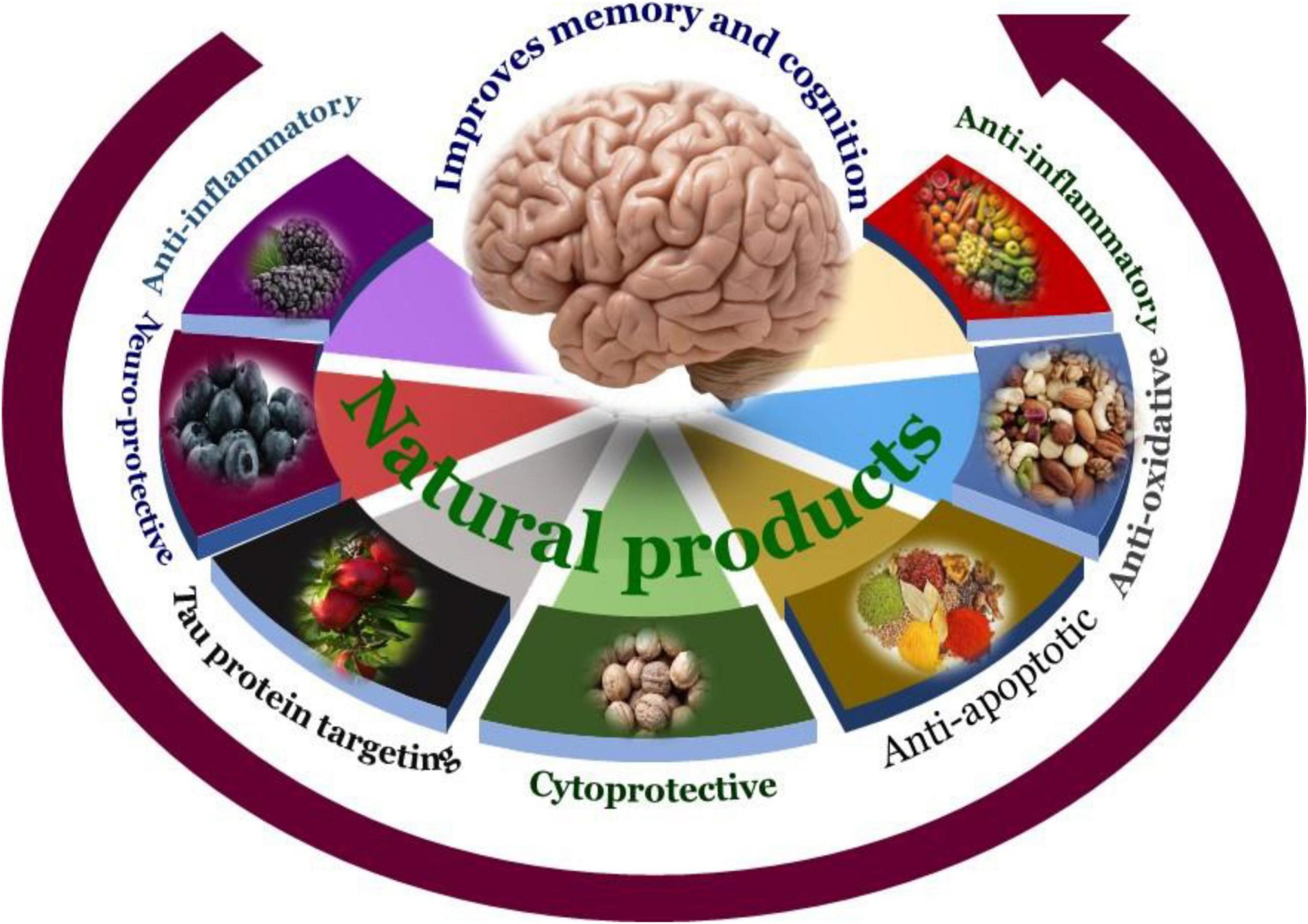Alzheimer’s Dementia Brain Health: How to Keep Your Mind Sharp
Introduction
When it comes to brain health, Alzheimer’s Dementia is a topic that cannot be ignored. Alzheimer’s disease is a progressive brain disorder that affects millions of people worldwide, causing memory loss and cognitive decline. Understanding how Alzheimer’s and dementia impact the brain is crucial for maintaining brain health and potentially preventing these conditions. In this blog post, we will explore the connection between brain health and Alzheimer’s Dementia, as well as provide tips on how to keep your mind sharp.
Benefits of Maintaining Brain Health
Keeping your brain healthy is essential for overall well-being and quality of life. By prioritizing brain health, you can improve your memory, concentration, and cognitive function. A healthy brain can also help prevent the onset of conditions like Alzheimer’s and dementia. Additionally, maintaining brain health can boost your mood, reduce stress, and enhance your decision-making abilities.
Detailed Explanation of alzheimer’s dementia brain health
Alzheimer’s disease is a type of dementia that leads to a decline in memory, thinking, and reasoning skills. It is caused by abnormal protein deposits that accumulate in the brain, disrupting communication between brain cells and leading to cell death. As the disease progresses, the brain shrinks in size, affecting memory, language, and cognitive abilities.
Alzheimer’s disease is a progressive condition with no cure, making it essential to prioritize brain health early on. Engaging in activities that challenge the brain, such as puzzles, reading, and learning new skills, can help strengthen neural connections and delay cognitive decline. Eating a healthy diet rich in antioxidants, omega-3 fatty acids, and vitamins can also support brain health and reduce the risk of Alzheimer’s and dementia.
FAQs
1. How does Alzheimer’s disease affect the brain?
Alzheimer’s disease leads to the accumulation of abnormal protein deposits in the brain, disrupting communication between brain cells and causing cell death. This results in memory loss, cognitive decline, and shrinkage of the brain.
2. What are the early signs of Alzheimer’s dementia?
Early signs of Alzheimer’s dementia include memory loss, confusion, difficulty completing familiar tasks, and changes in mood or behavior. It is important to seek medical attention if you or a loved one experience these symptoms.
3. Can Alzheimer’s disease be prevented?
While there is no surefire way to prevent Alzheimer’s disease, maintaining brain health through activities like exercise, healthy eating, and mental stimulation can help reduce the risk of developing the condition.
4. How does dementia differ from Alzheimer’s disease?
Dementia is a general term for a decline in cognitive abilities that interferes with daily life. Alzheimer’s disease is a specific type of dementia characterized by memory loss, cognitive decline, and brain shrinkage.
5. Is there a cure for Alzheimer’s disease?
Currently, there is no cure for Alzheimer’s disease. However, early diagnosis and treatment can help manage symptoms and improve quality of life for those affected by the condition.
Conclusion
In conclusion, brain health and Alzheimer’s Dementia are closely interconnected, making it essential to prioritize brain health to maintain cognitive function and potentially prevent the onset of these conditions. By engaging in activities that challenge the brain, eating a healthy diet, and staying physically active, you can support brain health and reduce the risk of Alzheimer’s and dementia. Remember, taking care of your brain is just as important as taking care of your body – so make brain health a priority in your daily routine.



